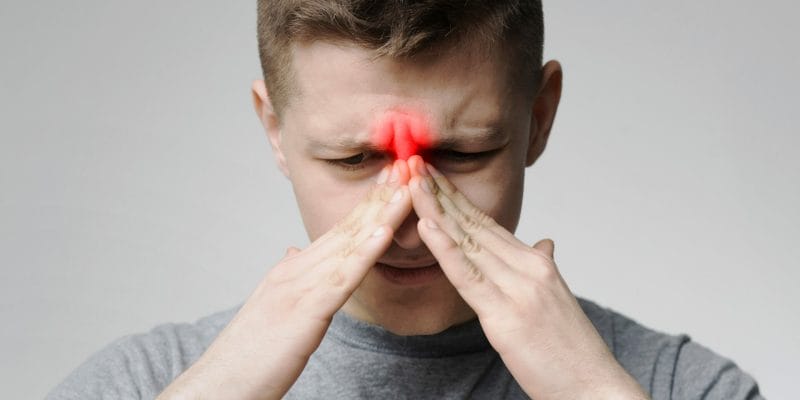What Exactly IS Chronic Sinusitis?
This can be a surprisingly hard question to answer.
Sinusitis means inflammation in the paranasal sinuses. The sinuses are air filled spaces in the face that drain into the nose. “Chronic” means that this inflammation stays for longer than 12 weeks. Many think of chronic sinusitis as “just an infection”, and the “right” or “strongest” antibiotic will fix it. It can also be easy to think of sinusitis as a “plumbing problem”, fixed by opening the clog and allowing infected mucous to drain out.
The reality is that sinusitis is a complex problem with many factors, both genetic and environmental. Bacterial infection and blocked anatomy can play a role in chronic sinus inflammation, and antibiotics and surgery are valuable tools in our treatment toolbox. Instead of trying to “cure” chronic sinusitis, it is more useful to look for ways to manage the inflammation, reduce symptoms, and improve quality of life. The factors leading to uncontrolled sinus inflammation varies among patients. It is important to work with a doctor trained to manage sinus problems to tailor treatment to your own unique situation.
Many people think of chronic sinusitis or “sinus problems” by symptoms that they experience. For some patients this can mean congestion, loss of smell, and thick nasal drainage. For others it is sneezing and itchy eyes. For still others it can be facial pain/pressure, ear fullness, and headache. It is important to remember that these symptoms can sometimes come from other problems and not the sinuses. These include viral upper respiratory infections (“colds”), environmental allergies, TMJ (jaw joint) problems, and headache disorders like migraine and tension.
Diagnosing chronic sinusitis on symptoms alone is hard and inaccurate for even the most skilled doctor. It is important to examine the sinuses to figure out for sure if sinus inflammation is the source of your problems. An Ear Nose and Throat specialists (Otolaryngologist) will usually perform an office nasal endoscopy (look into your nose with a small camera) and/or CT scan to understand what is causing your ongoing symptoms.

